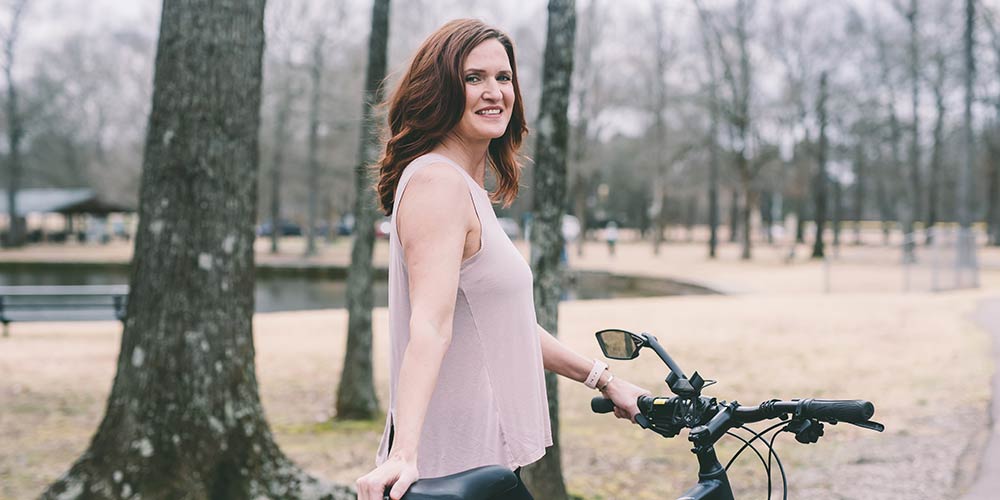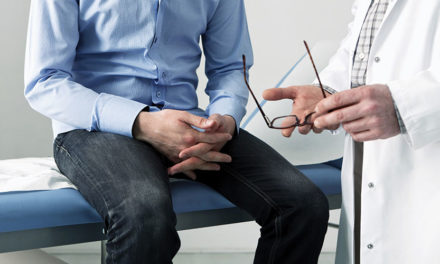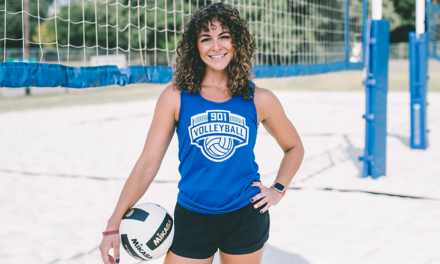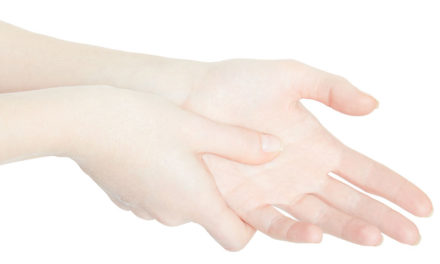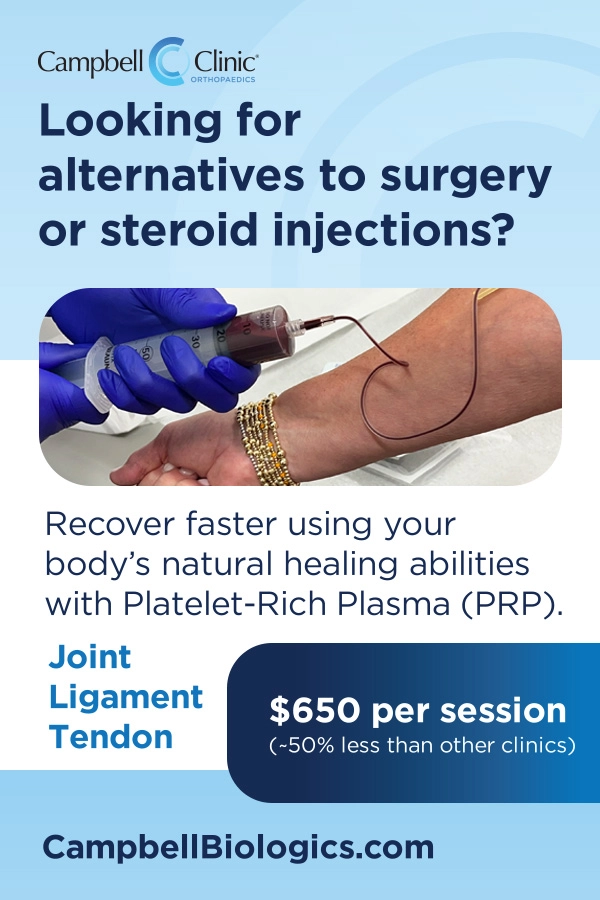After experiencing an unexpected heart attack in 2020, Michelle Whitlock has made it her mission to share her story and spread awareness for women experiencing similar symptoms.
Michelle is a two-time cervical cancer survivor, public speaker, and author who has made it her life’s work to advocate for women’s health. This passion began after her cervical cancer diagnosis in her 20s and reinvigorated after experiencing a heart attack in 2020.
Michelle was raised by a single father who lost his life to a heart attack at 48. However, Michelle always assumed his premature
death was due to poor health and lifestyle choices; living a fit and health-conscious life herself, Michelle did not initially worry about any genetic conditions that may cause her to experience the same fate.
In early 2020, Michelle noticed an occasional irregular heartbeat. Still, between motherhood and her corporate job in the medical device industry, a cardiologist visit was not in her plans. Over the next few months during Covid lockdowns, Michelle began cycling, as her typical weightlifting workouts were no longer feasible due to gym closures. She noticed occasional rapid heart patterns during cycling but attributed this to being relatively new to cardio workouts and thought her concern might be paranoia.
On the evening of August 5, 2020, at age 45, she went for a bike ride and came back feeling very nauseous and uneasy. Early the next morning, Michelle had an overwhelming sense of doom and contacted her husband, who called a neighbor and 911. Michelle soon experienced intense pain in her shoulder blade, left arm, and then in her chest, which was determined to be an intense heart attack. She was rushed to Methodist University Hospital, where cardiologist, Dr. Michael McDonald, informed Michelle she had an artery at least 95% blocked – leading to her heart attack. Michelle received a Medtronic coronary stent, recovered, and is now taking advantage of her second chance.
“My ultimate goal is to reach women and people who love women, so no one else has to suffer from a preventable disease; while we can’t outrun genetics, we can be hyper-aware and know when to get help.”
After her heart attack, Michelle recognized the critical need to understand her family’s medical history. She has also learned to be proactive and know what to be aware of through personal research of symptoms and collaboration with physicians. Michelle feels that if she had been aware of the signs of cardiac problems, she might have taken the warning signs more seriously.
“After my experience, I realize it is much better to go to the doctor and be told everything is okay than to dismiss symptoms and suffer a major health scare.”
In the years since her heart attack, Michelle has focused on educating her children and reevaluating her approach to a healthy lifestyle to ensure she avoids future health scares. But most of all, Michelle remains driven to share her story and hopefully to help other women be aware of their bodies and symptoms.
By Zoe Harrison
Photo by Tindall Stephens

